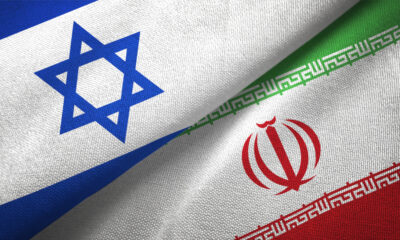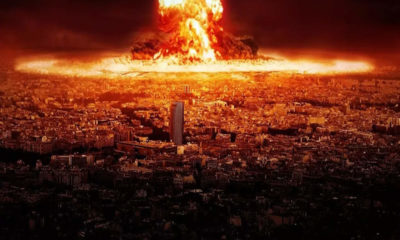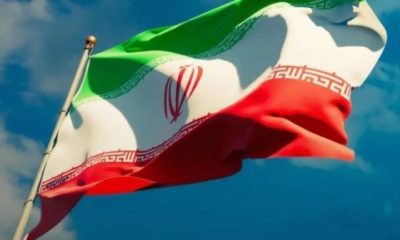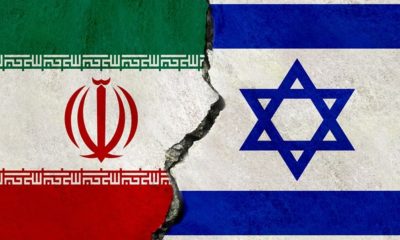News
Midnight Over Natanz: Israel’s Surprise Strikes on Iran Ignite Fears of a Wider Middle‑East Firestorm
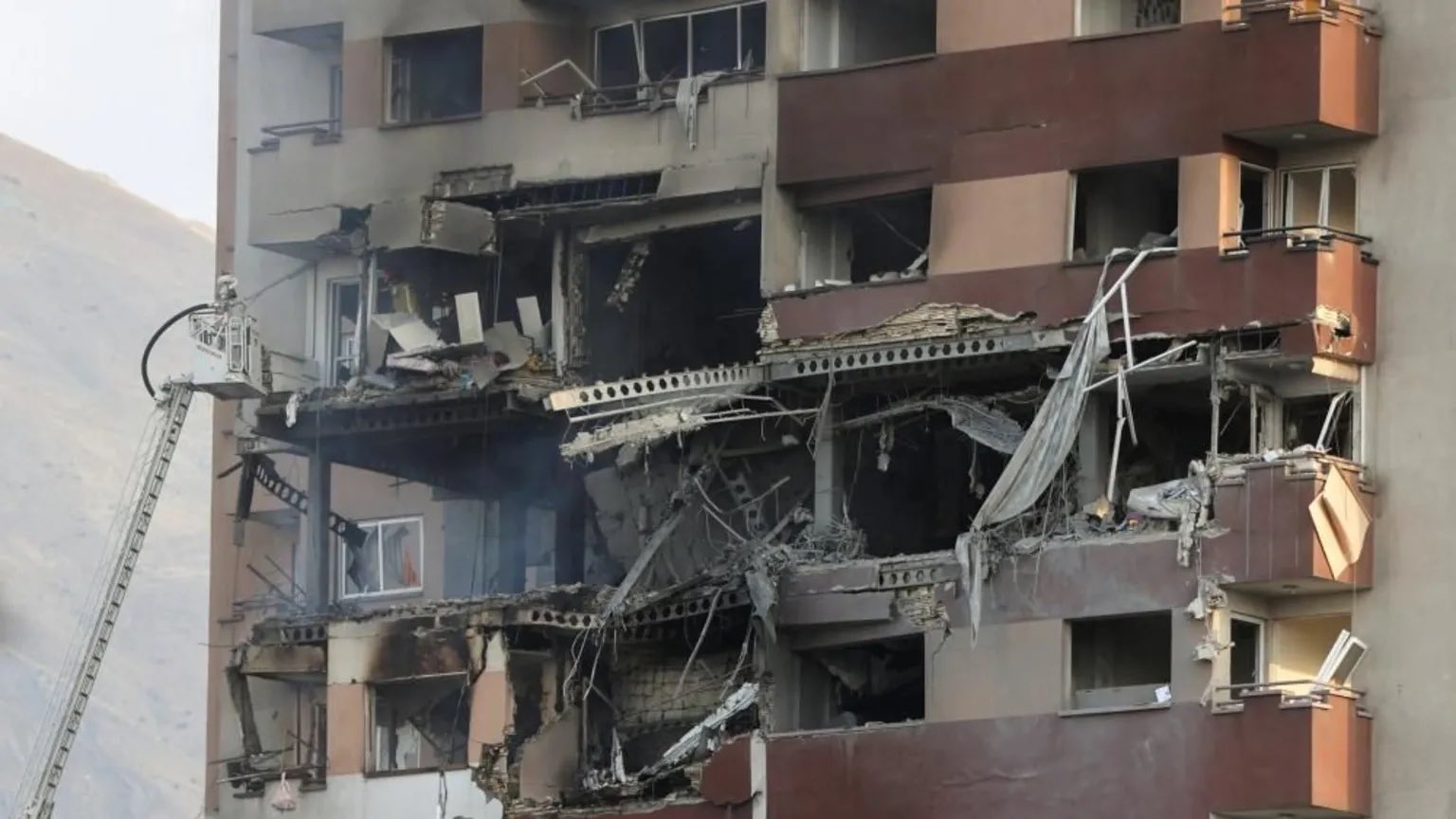
A lightning raid on Iran’s nuclear heartland has left the region and global markets on a knife‑edge
Just after midnight Iranian time on Friday, reports of explosions near Natanz began rippling across Persian‑language social media. Within minutes, air‑raid sirens howled over Tehran and Isfahan. By dawn, Israel had confirmed what many feared: a pre‑emptive operation aimed “squarely at the heart of Iran’s nuclear enrichment programme,” as Prime Minister Benjamin Netanyahu put it.
Below is how the dramatic night and its fallout unfolded.
Pinpoint Strikes, Heavy Casualties
Iranian state media say Israeli aircraft and missiles punched through layered defences, striking Natanz, several military installations and, controversially, residential blocks in Tehran. Among the dead, according to semi‑official Tasnim News, is Major‑General Hossein Salami, commander‑in‑chief of the Islamic Revolutionary Guard Corps, and at least one senior nuclear scientist. Israel claims Iran’s armed forces chief Mohammad Bagheri was “likely eliminated” too a detail Tehran has neither confirmed nor denied.
Civilian deaths are mounting as rescuers sift through rubble in the Ghodo Camp district of Tehran. Footage of a collapsed hostel for medical students has fuelled public grief and anger, with hashtags مثل #TehranUnderAttack and #PrayForIran trending on X (formerly Twitter).
Retaliation Looms
Iran’s Supreme Leader Ayatollah Ali Khamenei issued an uncompromising warning: Israel faces a “bitter and painful fate.” In Jerusalem, Defence Minister Israel Katz responded by placing the country on emergency footing, closing airspace and preparing for an onslaught of Iranian missiles or drones “in the immediate future.”
An Israeli military spokesperson told local radio their sensors indicate Iran “can pull the trigger any minute.” In neighbouring Iraq, authorities have shut down all airports, bracing for spill‑over strikes.
Washington Distances Itself
Conscious of being painted as Israel’s silent partner, US officials were quick to stress America “was not involved.” Secretary of State Marco Rubio delivered a pointed message: “Iran should not target US interests or personnel.” Yet Washington has already begun drawing down diplomatic staff across the Gulf. President Donald Trump put it bluntly on Thursday: “A massive conflict could very well happen.”
Ironically, Trump also insists a “pretty good” nuclear deal with Tehran was close—before Friday’s bombs threatened to blow months of shuttle diplomacy to shreds.
Markets Jolt, South Africans Count the Rand‑and‑Cents Cost
Brent crude spiked more than 12 percent in early trading, instantly raising the spectre of costlier petrol back home. South Africans, still smarting from Eskom’s hikes and a weak rand, flooded WhatsApp groups calculating how much extra they might pay at the pumps next month. The JSE’s resources index slid at the open, mirroring sell‑offs from London to Tokyo.
“Every rand lost on the stock market affects pension funds that millions of South Africans rely on,” economist Thabi Molefe told eNCA. “We may be thousands of kilometres away, but we’re tied into the same nervous system.”
A Conflict Years in the Making
Israel has long viewed Iran’s nuclear ambitions as an existential threat. Tensions escalated after the 7 October 2023 Hamas attack, launching Israel’s still‑raging war in Gaza and ending decades of shadow conflict with Tehran. Friday’s strikes mark the second time in six months that Israel has crossed into Iranian territory, erasing yet another diplomatic red line.
Meanwhile, the International Atomic Energy Agency had only just rebuked Tehran for stonewalling inspectors. Within hours of the raid, IAEA chief Rafael Grossi said his team is “closely monitoring radiation levels” and remains in contact with inspectors inside Iran—a stark reminder of the nuclear stakes.
Can Any Deal Survive?
European diplomats fear the attack will shatter hopes of reviving the 2015 nuclear accord before its “snapback” sanctions clause expires in October. Iran already enriches uranium to 60 percent—dangerously near weapons‑grade. Tehran’s nuclear chief has vowed to open a new enrichment centre “in a secure location,” reading the IAEA resolution as proof that the West “acts at Israel’s behest.”
South African foreign‑policy analysts warn that with US elections looming and Russia pre‑occupied in Ukraine, there may be no adult left in the room to mediate. Professor Chris Mkhize of Wits University calls it “a game of chicken with nuclear fuel rods.”
Social Media: Outrage, Memes and Pleas for Peace
While Iranian users shared grim photos of shattered apartments, Israeli accounts posted patriotic montages of fighter jets over desert skies. Elsewhere, #OilPrice trended globally, and South Africans revived the tongue‑in‑cheek hashtag #PetrolPriceParliament to slam local politicians for failing to shield consumers from external shocks.
Interestingly, Persian‑language Telegram channels circulated a rumour unverified that Iranian hackers briefly disrupted Israeli municipal websites. Whether cyber‑attacks emerge as Tehran’s first salvo remains to be seen.
Israel says the operation will “continue as many days as it takes.” Iran insists revenge is inevitable. If Tehran responds with ballistic missiles, Tel Aviv may counter with further raids or worse, the region could cascade into open war drawing in Hezbollah, US forces in the Gulf and oil supply routes through the Strait of Hormuz.
For the average South African, far from the deserts of Natanz, the immediate fallout will arrive via higher fuel costs, jittery markets and renewed anxiety about a world unravelling. Yet in a country that knows too well the price of protracted conflict, the sentiment on Cape Town’s morning radio was simple: “May cooler heads prevail.”
{Source: IOL}
Follow Joburg ETC on Facebook, Twitter , TikTok and Instagram
For more News in Johannesburg, visit joburgetc.com





